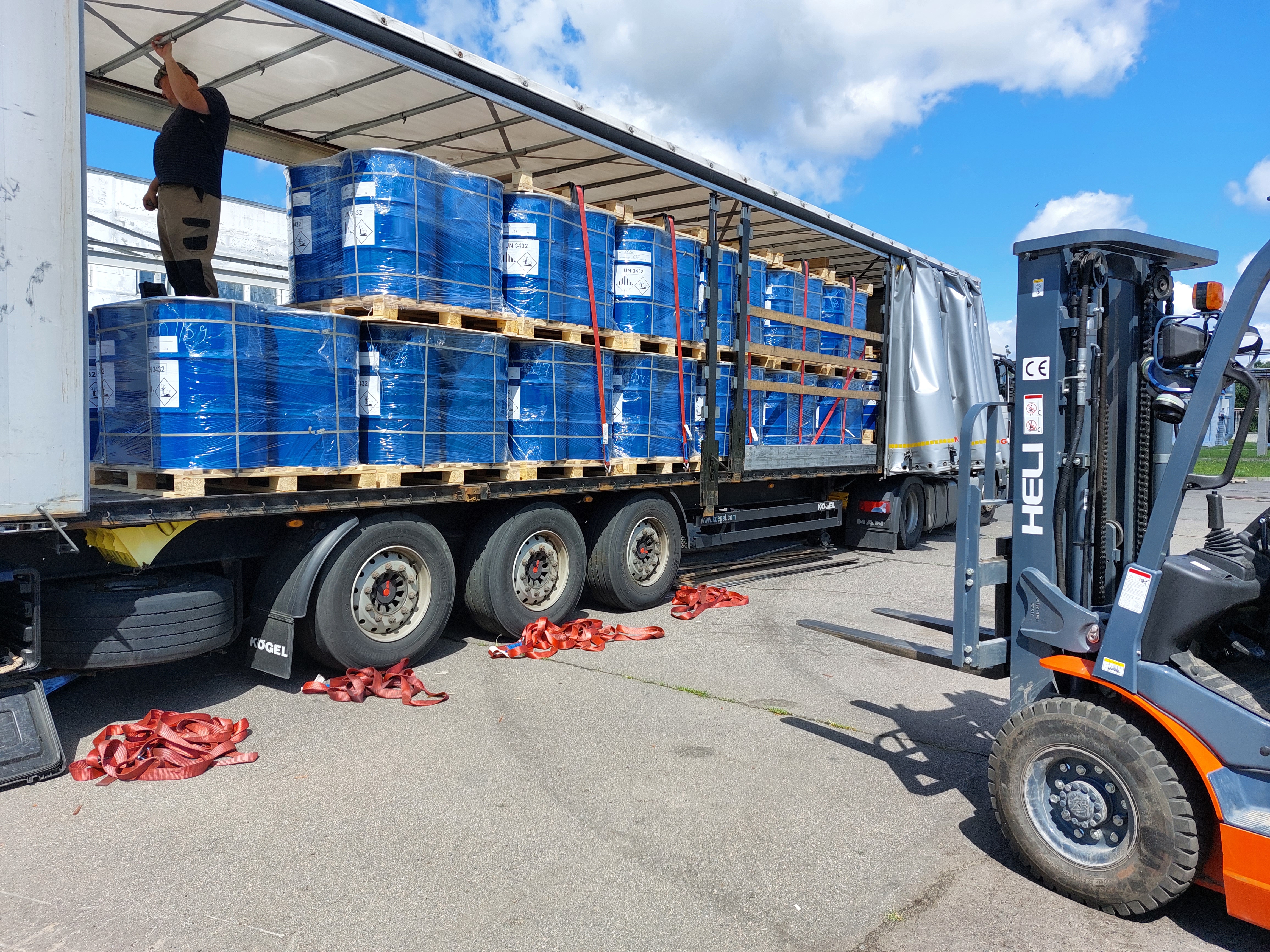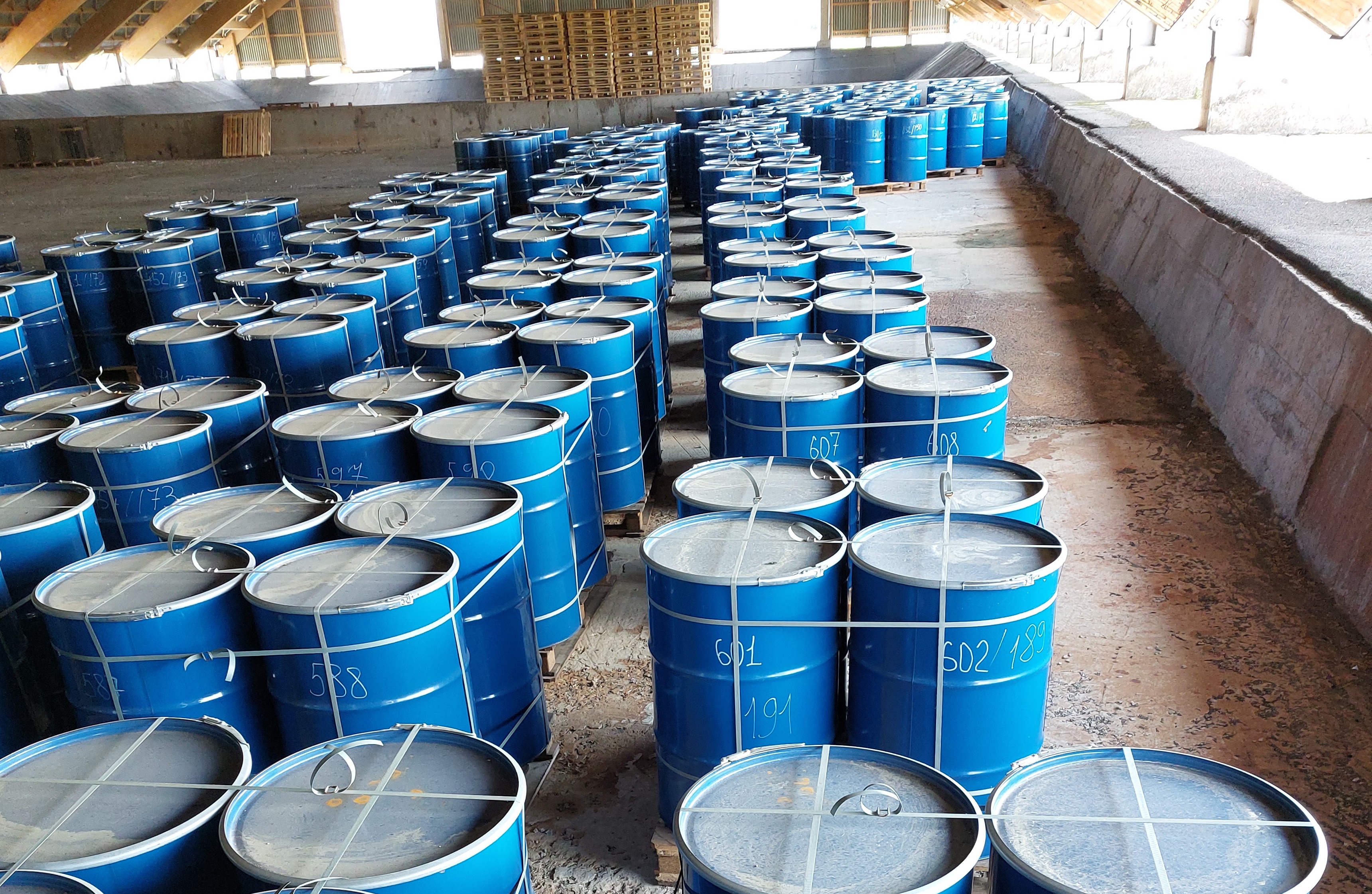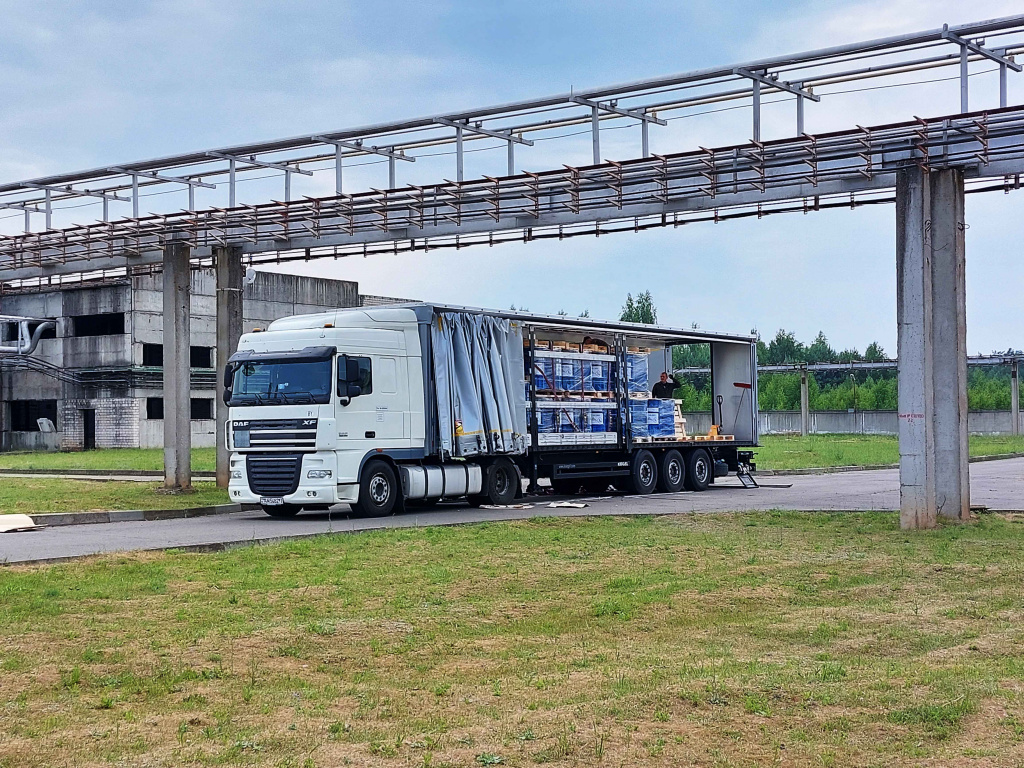With financial support from the Global Environment Facility (the GEF) the United Nations Development Programme (UNDP) continues to work with the Ministry of Natural Resources and Environmental Protection to keep Belarus on track to remove hazardous chemical pollutants, known as polychlorinated biphenyls (PCBs), from the country by 2028.
Belarus Continues to Forge Ahead with Reducing PCBs Stockpiles
August 16, 2023

The disposal of PCBs-containing waste is organized in two phases. During the first stage about 510 tons of PCBs materials have been transported to specialized disposal facilities in France and Switzerland since the beginning of 2023. The action targeted large enterprises that belongs to the system of the Energy Ministry, as well as industrial and logistics companies in all Belarus’ regions.
Polychlorinated biphenyls (PCBs) are organochlorine aromatic compounds classified as persistent organic pollutants that are subject to the restrictions imposed by the Stockholm Convention.
The second stage involves 280 enterprises with low volumes of PCB-containing waste. Therefore, it was crucial to conduct the collection of the waste from these companies in a location that would allow to repackage and load it for the transportation abroad. The Complex for toxic industrial waste processing and disposal in the Gomiel region of Belarus is the only facility in the country capable of performing such a task.
The Complex collects and packages the PCB-containing waste for its further shipment to Slovakia, where it is destroyed safely for the environment at a specialized disposal facility. Each week the Complex ships 70 tons of hazardous waste.

The collection, packaging, loading, and transportation are coordinated and accompanied by the project “Sustainable Management of Persistent Organic Pollutants and Chemicals in the Republic of Belarus, GEF-6”, implemented by the Ministry of Natural Resources and Environmental Protection (MNREP) in partnership with UNDP and with the GEF funding.
Since the PCBs belong to the 1st Class hazardous wastes, their management is governed by a separate decree of the MNREP. With that in place, any arrangements for the transfer of PCBs-containing wastes to another party must be registered with the Ministry’s territorial departments.
The project helps to consistently implement the wastes management in line with the regulations, speeding up the transfer to the disposal facility.
The experts of the project also consult businesses on how to keep the records system for waste management, ensuring the data is collected and stored at each step of the waste processing and transportation.

Within the second stage, 300 tons of PCB-containing waste were shipped out of the country with more than 100 tons already disposed of.
By the end of November 2023, about 600 tons in total are planned to be removed from the country. It is expected that Belarus will ensure environmentally safe disposal of all PCB-containing waste by 2025 and will completely get rid of the PCB equipment by 2028.
The partnership between UNDP, the Belarus’ MNREP and GEF helps Belarus to implement the Stockholm Convention. The Convention was adopted on 22 May 2002 and entered into force on 17 May 2004 with the aim of initiating and coordinating international efforts to protect human health and the environment from the toxic impact of POPs.
Countries that have ratified the Convention have agreed to stop or limit the production, use, and import of POPs, as well as to offer financial support and measures to support the implementation of the Convention. Belarus ratified the Stockholm Convention on 17 May 2004.
More on the topic https://www.undp.org/belarus/news/belarus-gets-rid-hazardous-pops-stockpiles

 Locations
Locations
